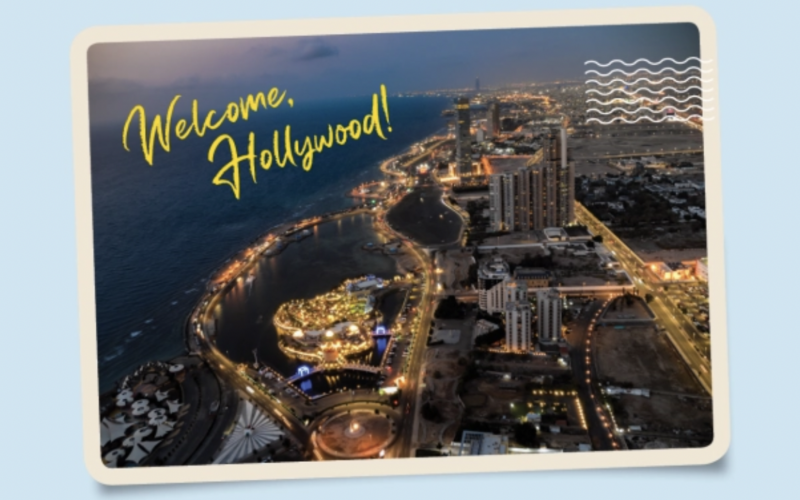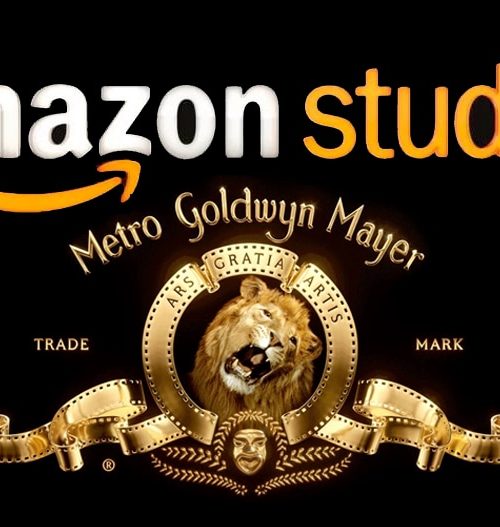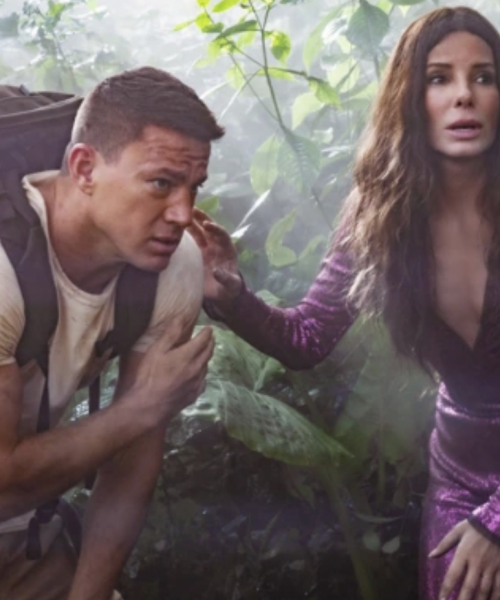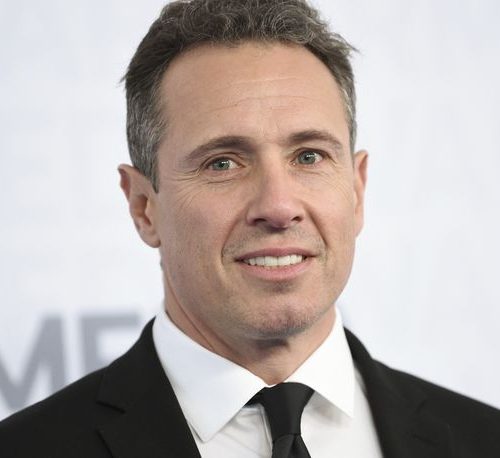BY TATIANA SIEGEL, ALEX RITMAN | HollywoodReporter.Com
Troy Warren for CNT #Entertainment #Business
It wasn’t too long ago that power brokers rushed to distance themselves from the country after the killing of columnist Jamal Khashoggi. Now it’s hosting a star-studded film festival and backing big-budget features with U.S. talent.
In April 2018, Hollywood power players gave the royal treatment to Saudi Arabia’s Crown Prince Mohammed bin Salman, jockeying for a chance to tap into the country’s $500 billion Public Investment Fund and expanding market share. But in the wake of the murder of Washington Post columnist Jamal Khashoggi six months later — a crime attributed to Saudi government agents — the industry publicly eschewed the relationship.
Fast-forward three years, and that freeze out appears to be thawing as Saudi Arabia kicks off a big month of showbiz activity that will feature such notables as Justin Bieber, Anthony Mackie and director Joe Wright. On Dec. 5, United Artists and Universal will launch the Wright-directed musical Cyrano as the opening-night film at the Red Sea Film Festival, the country’s first major international film event. The movie, which stars Peter Dinklage, Haley Bennett and Kelvin Harrison Jr. will be screened at the 11-day festival alongside Netflix’s The Lost Daughter, Focus Features’ Belfastand Universal’s Sing 2 — all awards season contenders — as well as an assortment of Arabic features. While the guest list hasn’t yet been confirmed, Wright and Bennett are expected to attend.
Just as the Red Sea Fest rolls out its red carpet in Jeddah, Bieber, Jason Derulo and A$AP Rocky are slated to perform at the Formula One Saudi Arabian Grand Prix in the same city. Meanwhile, the biggest film production the country has ever welcomed already is underway. Desert Warrior — starring Mackie and Sharlto Copley and from writer-director Rupert Wyatt (Rise of the Planet of the Apes) — is shooting in the province of Tabuk on the site of the planned megacity Neom, making it the first major project to film there. And the Gerard Butler actioner Kandahar will begin production in December in AlUla, an area that recently has been heavily promoted as a filming destination (its own commission was launched this year). That film marks a reteaming of Butler and his Angel Has Fallen and Greenland director Ric Roman Waugh.
“I think this will kind of be the turning point,” says Dubai-based producer Carla DiBello, whose film Maskoon is bowing at the festival. DiBello shot the thriller in Jeddah with a crew from both Saudi Arabia (director Lina Malaika) and the U.S. (Oscar-nominated documentarian David Darg).
Recent developments would suggest the country’s pariah status isn’t being treated as such by power brokers. There already were signs last year, with Jason Momoa, Jackie Chan and Shah Rukh Khan speaking at a conference in Riyadh and Spike Lee and Oliver Stone set in March 2020 to attend the inaugural Red Sea Film Festival, which was ultimately canceled because of the pandemic. The 21-month delay has actually improved matters, claims one regional exec, who says that more international guests are willing to attend the fest in 2021 than they were in 2020. However, there has been some pushback. Sources say some WME clients have received a letter from their agent urging them not to attend the Red Sea event. (Parent company Endeavor returned to the PIF a $400 million investment post-Khashoggi.) A spokesperson for the agency says WME was unaware of any such letter.
The major indicator of a change in temperature, however, is that Hollywood is now actively courting Saudi money once more. Both Desert Warrior and Kandahar are being financed and produced by MBC Studios, the production arm of regional broadcast giant MBC, which — following a major land grab of assets by Salman in 2018 — is now majority-owned by the Saudi government. Dollar figures weren’t revealed, but MBC Studios managing director Peter Smith told THR at the time that it was making a “substantial investment” in Kandahar.
With Desert Warrior co-produced by JB Pictures and AGC Studios, not traditionally financiers, it would seem that MBC is again the primary source of funds for the project. According to Zeinab Abu Alsamh, GM of MBC Studios, the fallout from 2018 did have an impact on its workings with Hollywood, though she says it was “very minimal,” and that most people still choose to see the region as “evolving and as changing.” Abu Alsamh adds, “I think with time and the collaborations that we’re doing, it’s not something that will be an obstacle.”
(Saudi-based investment extends to the parent company of THR; SRMG, a publicly traded media firm in Saudi Arabia, is a minority investor in PMC, co-owner of THR.)
Still, until now, Hollywood has been more vocal about its outrage regarding Saudi Arabia than that of other countries with similar human rights PR problems, namely China. Some stars like John Cena have courted criticism for having a double standard. The Fast & Furious star pulled out of a WWE event in Saudi Arabia in November 2018 but apologized to his fans in China for calling Taiwan a country during a promotional tour. The latter prompted Stephen Colbert to mock the actor-wrestler on his Late Show.
Says Alaa Karkouti of Egypt-based distributor/producer Mad, which has 13 films in the Red Sea lineup: “You need to have a clear criteria about the whole world. Because easily you could spot many things that would require you to boycott any country, including in the West.”
In Other NEWS



































